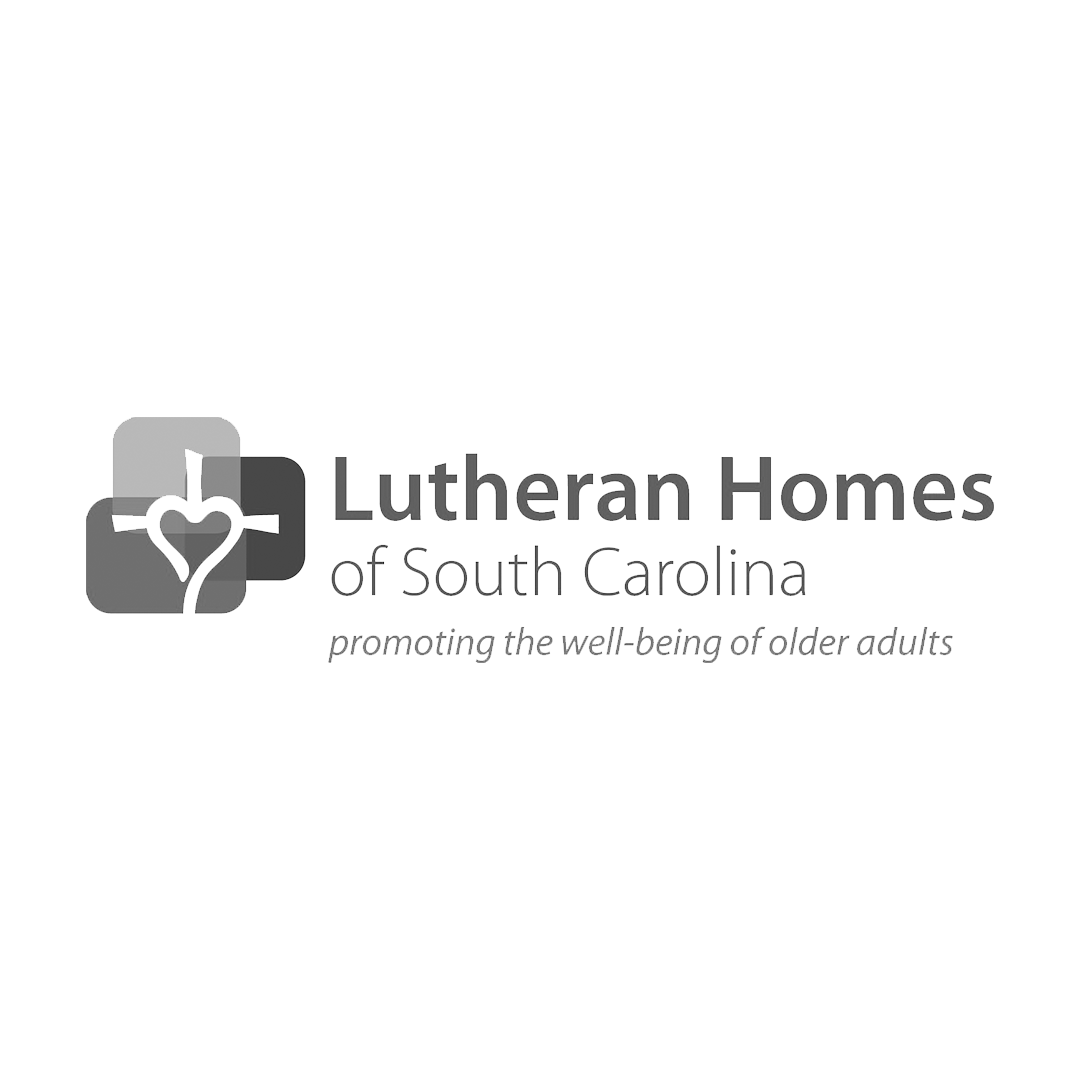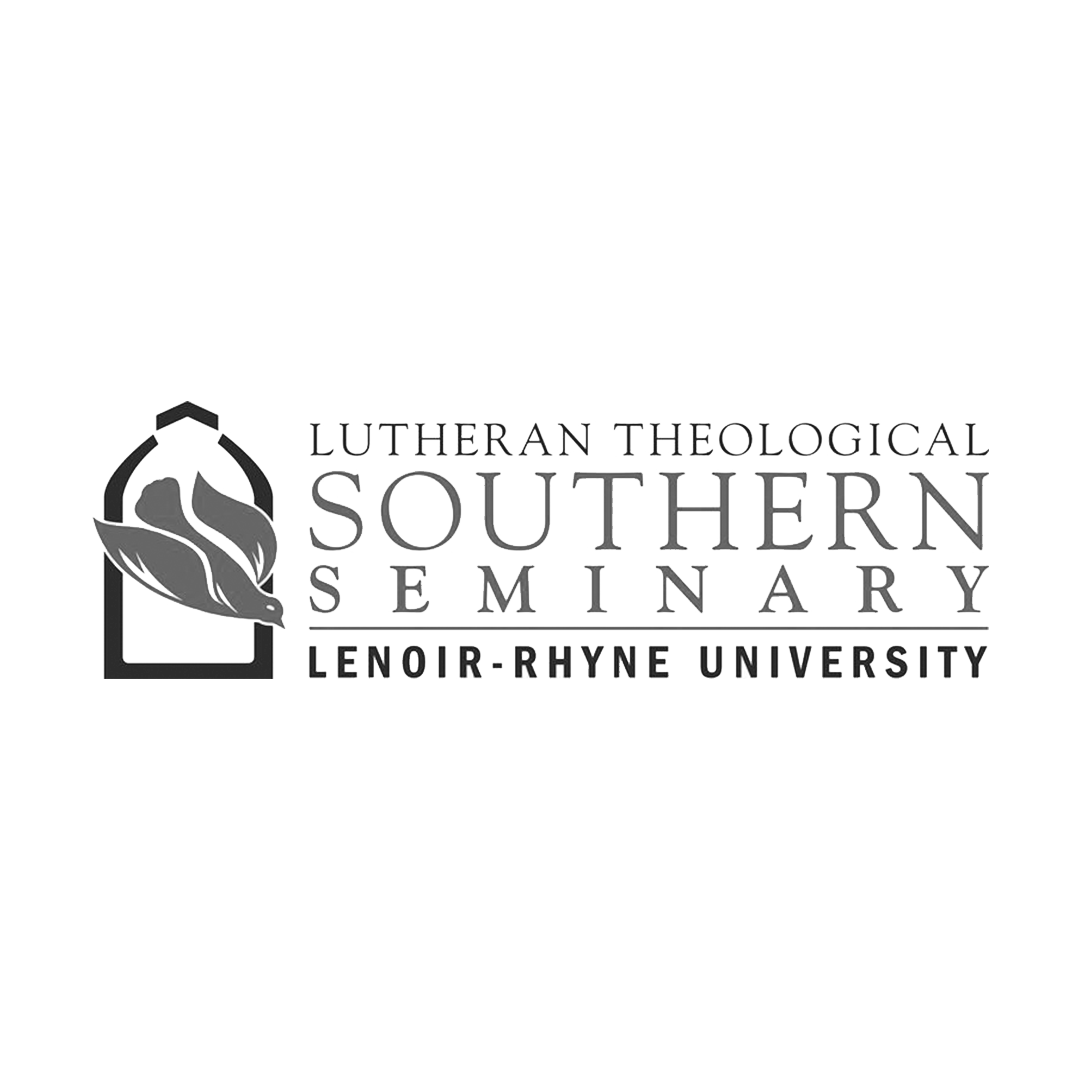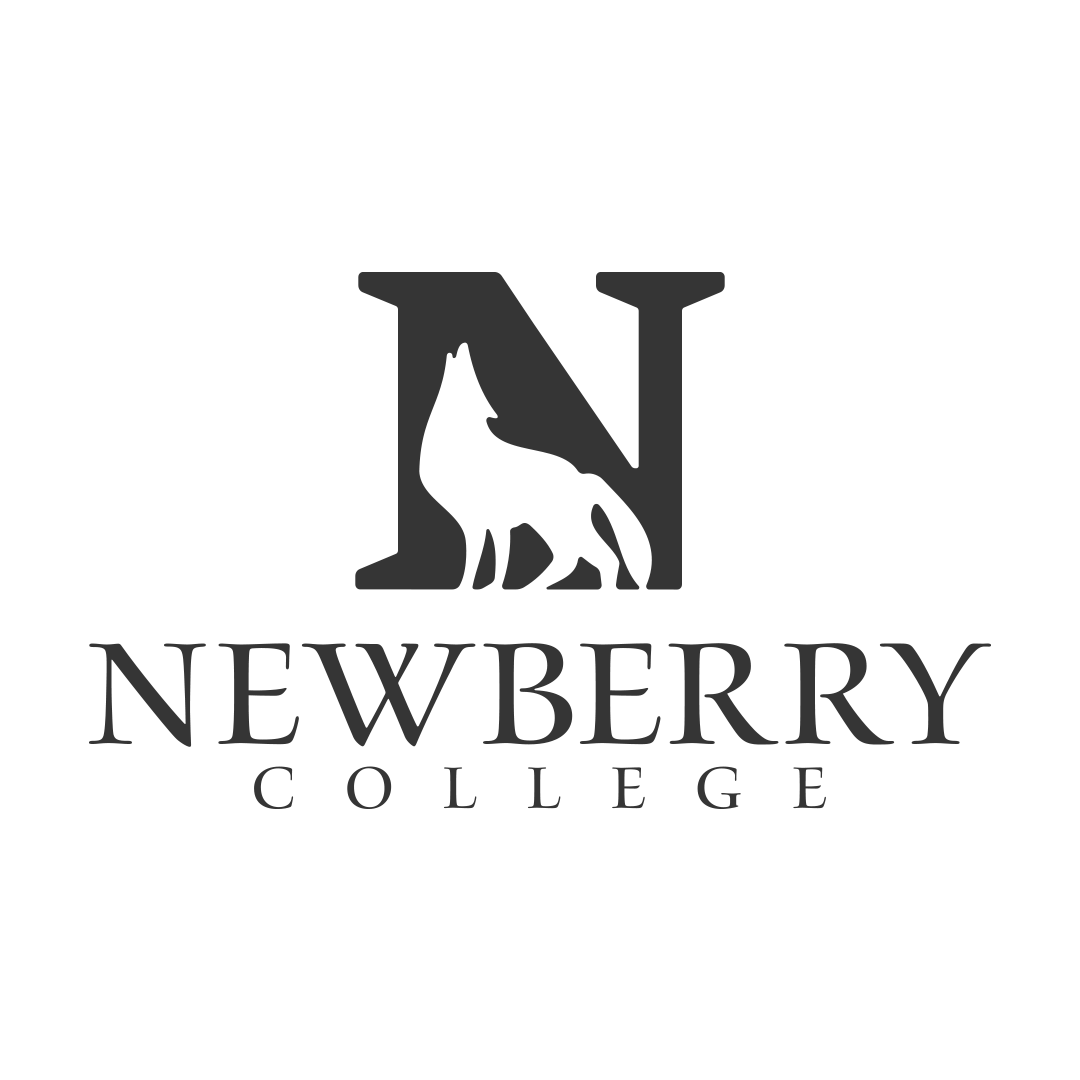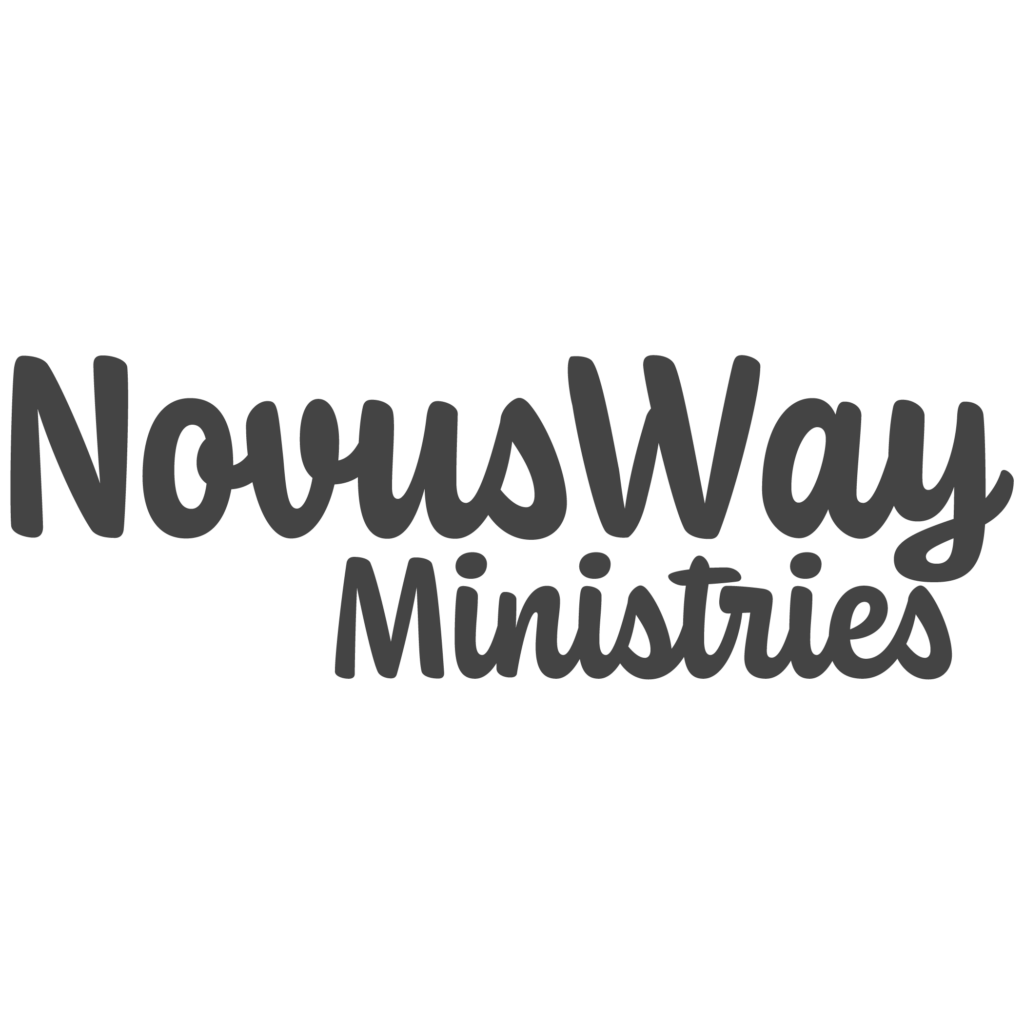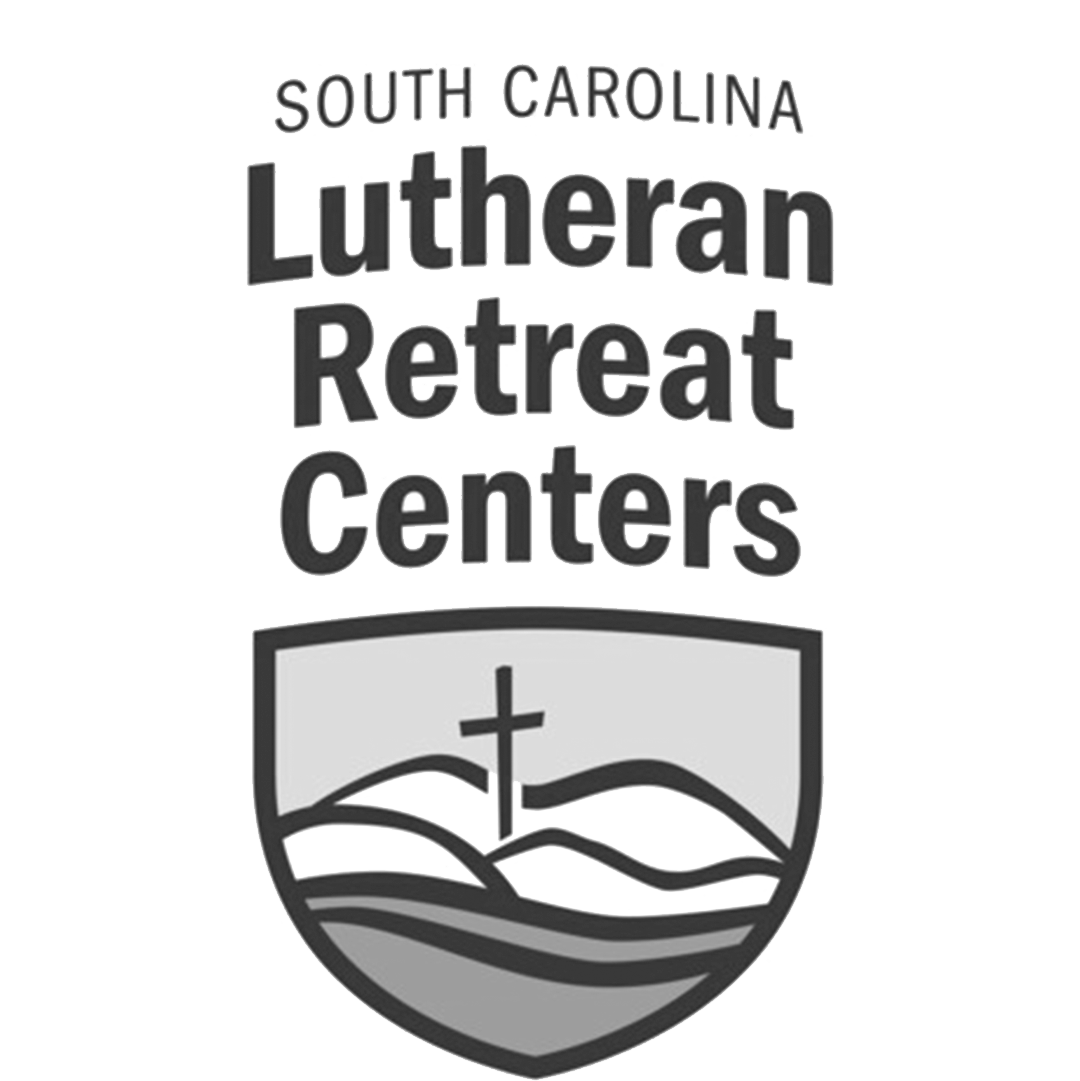Inclusiveness network
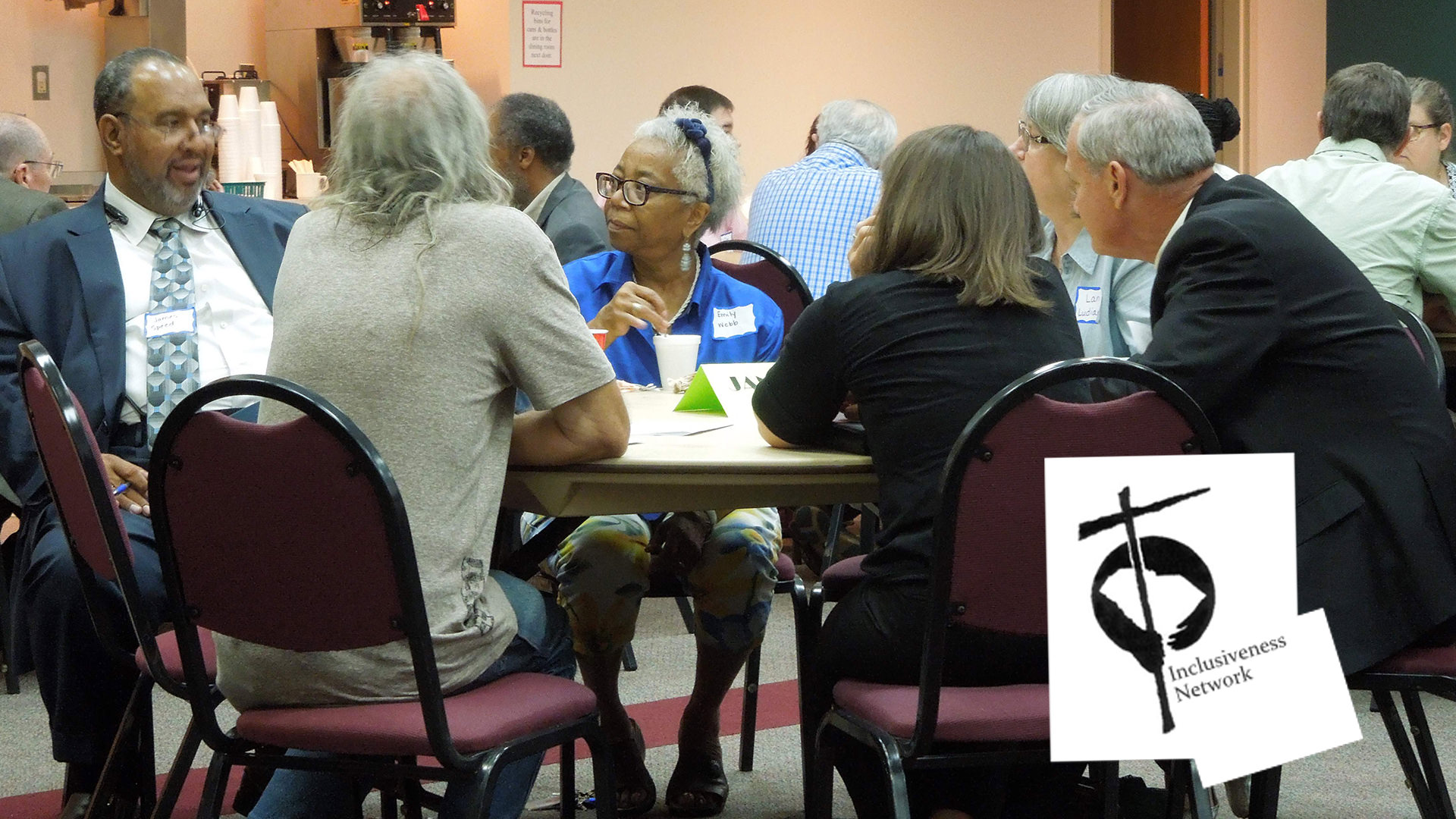
The mission of the Inclusiveness Network of the South Carolina Synod is to actively invite and welcome all persons regardless of race or culture as God’s children into the communion of sharing the grace and love of Jesus Christ in all congregations.”
Multicultural Inclusiveness – Why do we want it? How do we achieve it?
The church today not only lives in a multicultural world, the church itself is also a multicultural body of Christ that is still struggling and learning to live fully into that reality. The South Carolina Synod of the ELCA is committed to helping its members and congregations effectively extend Christ’s love within their congregations and their communities to ALL people.
Talking Together: Embracing Diversity in our Communities
Goal: This workshop is designed to make connections between individuals, to build bridges between congregations of different ethnic backgrounds, and to undertake together a service project in the community. The process begins with conversation and leads to action.
Curriculum: This workshop has been developed by the Commission on Inclusiveness of the South Carolina Synod of the Evangelical Lutheran Church in America (ELCA.) It draws on resources from both the ELCA and Everyday Democracy (formerly Study Circles) and the collective experience of the members of the Commission.
Facilitators: The workshop facilitators are members of the Commission on Inclusiveness and other persons of faith who have participated in the workshop’s development and been trained in its facilitation. Facilitation teams are diverse in gender and ethnic background.
Planning: The planning for this workshop is done by leaders from two or more sponsoring congregations, each of which represents a predominantly different ethnic background (for example: one predominantly Anglo/Caucasian, one Latino and one African American.) The congregations are responsible for recruiting participants, setting workshop time and location, and providing lunch and other refreshments and arrangements for the closing service of Holy Communion.
Format: Between 10 and 12 participants are recruited from among the sponsoring congregations (or their surrounding community). The workshop group consists of persons of diverse ethnic backgrounds, as evenly divided among the congregations involved as possible. We begin on Friday evening with introductory prayer and devotion on the theme of God’s love for all people. We set some ground rules for the conversation in order to ensure a safe place for our work. Then we begin to make connections by sharing our stories, practicing listening, and talking about our experiences with race and racism in our lives. We close with prayer.
On Saturday morning we open with prayer and continue sharing, listening and learning about one another’s experience of racism and culture; also we explore some of the inequities in our society and how they might be affected by race. We look at some specific census data about the area in which we live.
We then move into the action phase of the process by beginning to look at our particular community and trying to identify some of the situations that we think might benefit from the attention of a group like ours. How might we work together to bring God’s love in action to bear on a specific situation in our community? The group spends some time brainstorming on possible projects. Finally, the group decides on a project on which to work together. The project could be as simple as committing to clean up a playground or as complex as organizing for a long term effort to make a neighborhood safer. Possibly some of the group will choose to involve other members of their faith communities in the project, but it could also be an effort simply for this small group. It may be an ongoing effort, or a one-time event. Next steps are agreed upon; a time is set for at least one more meeting.
The workshop ends with a service of Holy Communion.
Cost: Travel expenses for the workshop facilitators.
Please contact The Rev. Mark Buchan, Convener of the Inclusiveness Network at 803-931-3083 or mjbuchan@bellsouth.net for additional information or to start plans to bring this workshop to your congregation.
Race and Reconciliation
How can we respond to the Charleston Church Massacre?
It’s been 8 years since one of the most heinous racial killings in U.S. history when a white supremacist murdered nine worshippers at the historic Emanuel African Methodist Episcopal Church in Charleston, S.C. The massacre shocked the nation and prompted a racial dialogue in the city.
Those same issues resonate today amid the national outcry over recent incidents of police brutality.
Ethel Lee Lance, 70, was at Emanuel AME for Wednesday night Bible study on June 17, 2015 when a white stranger showed up, her daughter, Rev. Sharon Risher recounts.
“They welcomed him in,” Risher says. “He sat there and listened to this whole Bible study. And when they were in a circle holding hands in prayer is where he took out his Glock and commenced to shooting and killing them like they were animals.”
He fired 70 rounds. Risher’s mother, two cousins, and a childhood friend were among the nine people killed. They include: Clementa C. Pinckney, 41; Cynthia Graham Hurd, 54; Susie J. Jackson, 87; DePayne Vontrease Middleton-Doctor, 49; Tywanza Kibwe Diop Sanders, 26; Daniel Lee Simmons Sr., 74; Sharonda Coleman-Singleton, 45, and Myra Singleton Quarles Thompson, 59. Three others survived: Felicia Sanders, her granddaughter, and Polly Sheppard.
One way, we can respond is to include the anniversary of this horrible event in our pastoral prayers on Sunday, June 18. Here is a prayer which you can use or adapt for your service.
For all those who have given their lives in proclaiming your reconciliation for all people, no matter what their race or background, we pray today for the loved ones of the Emmanuel 9 who died tragically eight years ago in Charleston. We also pray for all who have fought or are fighting still for human rights for all people. As Paul has said–There is neither Jew nor Gentile, neither slave nor free, nor is there male and female, for you are all one in Christ Jesus. And we acknowledge that the fight still rages for equality for all. Give us courage to continue the work that has begun, that we may serve our brothers and sisters and thus serve Christ as well. God in your mercy. Hear our prayer.
Selma Events
The Selma Event is a part of our Holy Listening Activities. In an effort to foster multi-racial, multi-ethnic, multi-culture connections, this mixed group gather to watch the movie “Selma,” eat a light meal and share table talk about a scripture passage, the movie, where we see God, and where we go from here.
The movie “Selma” is based on the 1965 Selma to Montgomery voting rights marches led by Dr. Martin Luther King Jr. The event allows individuals from different backgrounds to engage in meaningful dialogue from a Christian perspective to improve race relations for all people.
From Charleston to Selma
A special edition of The South Carolina Lutheran – From Charleston to Selma. This edition includes models for a Selma event, a Remember the Titans event, and other resources.
The Rally to End Racism: From South Carolina to Washington, D,C,
The #rally2endracism is the launch of a comprehensive, multi-year program to address racism in our nation by The National Council of Churches.
Thirty-Four members of the South Carolina Synod travelled from Columbia, SC. to Washington, D.C. for the Event.
The National Council of Churches is committed to eradicating the entrenched racism that grips the United States and paralyzes our ability to see every human being as equal. In partnership with others, we confront this systemic evil in which even church people and structures are complicit and complacent. We challenge our communities and ourselves to join in truth-telling conversations leading to actions that right the wrongs, and thereby, with God’s grace, bring healing and wholeness to all people, and unity to the nation.
Emanuel Nine Documentary
In the model of the Selma Discussions, we held an event based on Emanuel: The Untold Story of the Victims and Survivors of the Charleston Church Shooting.
Inclusiveness network book club
Get In Touch
This is Christ’s Church. There is a place for you here.
We are the church that shares a living, daring confidence in God’s grace. Liberated by our faith, we embrace you as a whole person–questions, complexities and all. Join us as we do God’s work in Christ’s name for the life of the world.
Contact Information
ELCA South Carolina Synod
1003 Richland Street
Columbia, SC 29201
Telephone 803-765-0590
Fax 803-252-5558
Looking for Something?
Related Organizations
James R. Crumley, Jr., Archives (ELCA Archives)
Lutheran Homes of South Carolina
Lutheran Theological Southern Seminary
NovusWay (Lutheridge+Lutherock+Luther Springs+Lutheranch)
South Carolina Lutheran Church Youth
South Carolina Lutheran Men in Mission

